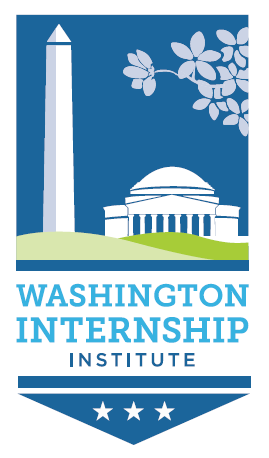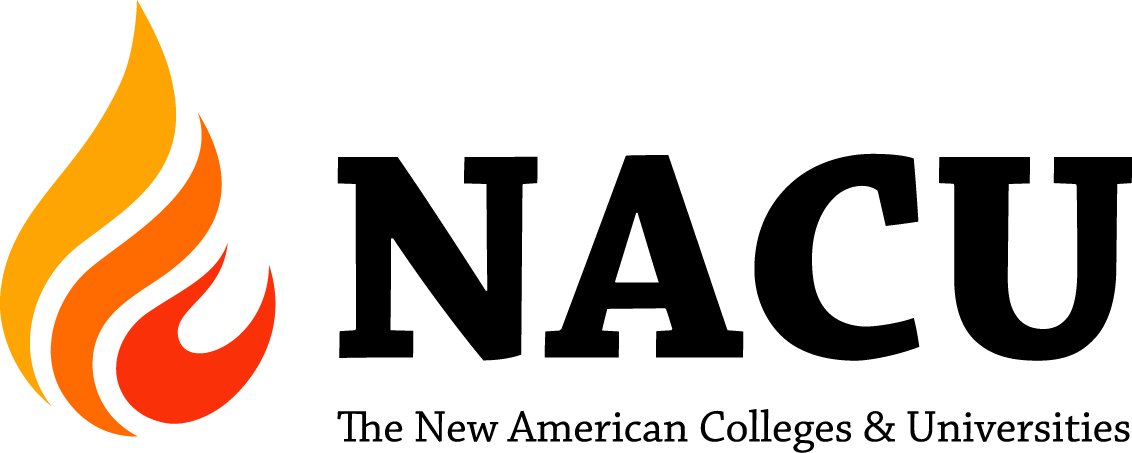All about Timing
/Timing might not be everything, but good timing can certainly be a blessing. I was fortunate to begin work at the National Endowment for the Humanities in September, when the Endowment was celebrating both its fiftieth anniversary and the announcement of 2015 National Humanities Medalists.
On September 29, 1965, President Lyndon B. Johnson, signed legislation creating the NEH. This September, the Endowment concluded a year-long commemoration of that anniversary, particularly through Human/Ties: Making Sense of Our World through the Humanities. This four-day forum, hosted by the University of Virginia, included lectures, panel discussions, interviews, film screenings and art exhibits addressing five pressing topics for contemporary American culture: war, race, the environment, citizenship, and technology. Speakers included poet Nikki Giovanni, novelist Junot Diaz, food activist Alice Waters, Russian journalist and activist Masha Gessen, and Hamilton actor Christopher Jackson.
My schedule permitted me to attend one day of Human/Ties. One panel addressed the place and frequent absence of racial diversity in publishing and other forms of cultural dissemination. Hearing curator and art historian Sarah Lewis at this panel prompted me to investigate her book The Rise: Creativity, the Gift of Failure, and the Search for Mastery and then to recommend it as a first-year reading at my home institution Hofstra University. Early in another panel with the inspired title “Meet Your New History Teacher, Beyoncé”, popular music historian Karl Hagstrom Miller unpacked the place in American culture of “Alexander’s Ragtime Band,” written by Russian, Jewish immigrant Irving Berlin about an indigenous American musical form and later performed as “roots music” by a white, North Carolina folk musician. In a third panel “Life in the Data Deluge", virtual-reality pioneer Jaron Lanier offered an insider’s critical report on the institutions that are digitizing so many of our daily experiences, as he noted, for example, that facial recognition technology that he worked on failed to recognize black faces, well, because no African Americans were included on the development team.
A week after Human/Ties, President Obama awarded the 2016 National Humanities Medal to twelve recipients including chef José Andrés, poet Louise Gluck, and musician Wynton Marsalis. Although the President selected the medalists, the NEH managed the nomination process. In recognition of that work, the Endowment staff was invited to a preview conversation and reception with some of the medalists the day before the White House award ceremony. At that conversation, six medalists answered questions from NEH Chairman William Adams, members of the NEH staff, and some DC college students. Hamilton author Ron Chernow, for example, explained how, without being trained as a historian, he came to write award-winning biographies of American financiers and founding fathers: after struggling as a fiction writer, he found that he could more readily enter into the minds of historical figures than fictional characters. Terry Gross discussed her own circuitous path to excellence as an interviewer, observing with disarming self-deprecation that her own six-week career as a school teacher should cast doubt on the widely held assumption that it’s difficult to fire teachers. Isabel Wilkerson spoke about how her own family participated in the changes she documented, drawing upon more than 1200 interviews, in The Warmth of Other Suns: The Epic Story of America's Great Migration. On its YouTube channel, the Endowment has posted brief videos of 2015 medalists, including religious historian Elaine Pagels and physician Abraham Verghese, addressing the humanities’ place in our wider culture.
To sum up, September 2016 was an extraordinary time to be working at the NEH.
Craig Rustici, Ph.D., Professor of English at Hofstra University, is a Faculty Fellow this semester at the National Endowment for the Humanities.



